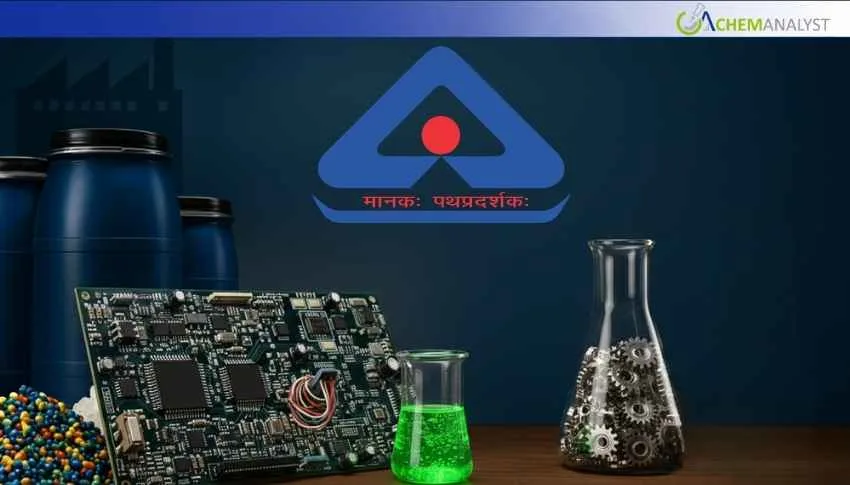Welcome To ChemAnalyst

In November 2025, the Indian Ministry of Chemicals & Fertilizers withdrew the mandatory Bureau of Indian Standards (BIS) certification requirements for 14 key petrochemical and polymer products, effective from November 12, 2025. This is a high-level policy and regulatory shift in the chemical and polymer value chain in India – towards dismantling operational barriers and consequent compliance costs and toward an ease of doing business gain for domestic and global suppliers alike.
The quality norms (QCO) which had been revoked mandated for BIS certification is a must in certain intermediates and in finished polymer grades.
BIS certification rescinded on the following products:
|
Terephthalic Acid |
|
Ethylene Glycol |
|
100% Polyester Spun, Grey and White Yarn |
|
Polyester Industrial Yarn (IDY) |
|
Polyester Staple Fibres (PSF) |
|
Polyester Continuous Filament Fully Drawn Yarn |
|
Polyester Partially Oriented Yarn |
|
Polyethylene Material for Moulding and Extrusion |
|
Acrolynitrile Butadiene Styrene (ABS) |
|
Polypropylene (PP) Materials for Moulding and Extrusion |
|
Polyvinyl Chloride (PVC) Homopolymers |
|
Ethylene Vinyl Acetate Copolymers |
|
Polyurethanes |
|
Polycarbonate |
Source: Indian Ministry of Chemicals and Fertilizers
These products are key ingredients in India’s textiles, Packaging, automotive, building, consumer goods and electronics sectors and so the policy shift will have a greater impact.
This withdrawal is broadly targeted at longstanding concerns among manufacturers, importers and user industries that the mandatory BIS certification was causing delays, adding costs and creating logistical difficulties. For a lot of foreign providers, particularly from South Korea, Taiwan, the EU, China and SE Asia, BIS certification was a hindrance to entry into the market. Bringing in shipments were frequently delayed because of inadequate testing facilities, bureaucratic red tape surrounding the certification process, and bottlenecks in compliance. The government is seeking to remove the mandatory obligations to facilitate development a flexible and competitive market to allow smooth flow of raw materials and to reduce supply-side inefficiency.
From a sector angle, it is likely to ease cost pressures for the announcement. Manufacturers that depend on imported intermediates, including polyester producers, plastic moulders, auto component makers and packaging converters, will be the first to feel the benefits of shorter Procurement cycles and a lighter regulatory load. The development might also contribute to a short-term calming of prices domestically through increased material availability and liquidity in the supply chain.
However, there will be none of that now that the BIS regimentation is gone. Still, firms can apply for a voluntary certification, which too is useful to highlight the quality of the product and its safety and reliability — more so if a supplier serves high value or export-oriented segments. Voluntary certification, too, may be used as a differentiator for companies who want to establish trust with Indian customers.
In all, lifting mandatory BIS certification is a deregulatory reset for the industry and reinstitutes a balance between consumer protection and market freedom. It is sought to improve competitiveness in trading, enable larger participation in Trade, and assist the development of polymer and petrochemical based Indian industries, while allowing for assurance of quality through voluntary compliance procedures.
We use cookies to deliver the best possible experience on our website. To learn more, visit our Privacy Policy. By continuing to use this site or by closing this box, you consent to our use of cookies. More info.
